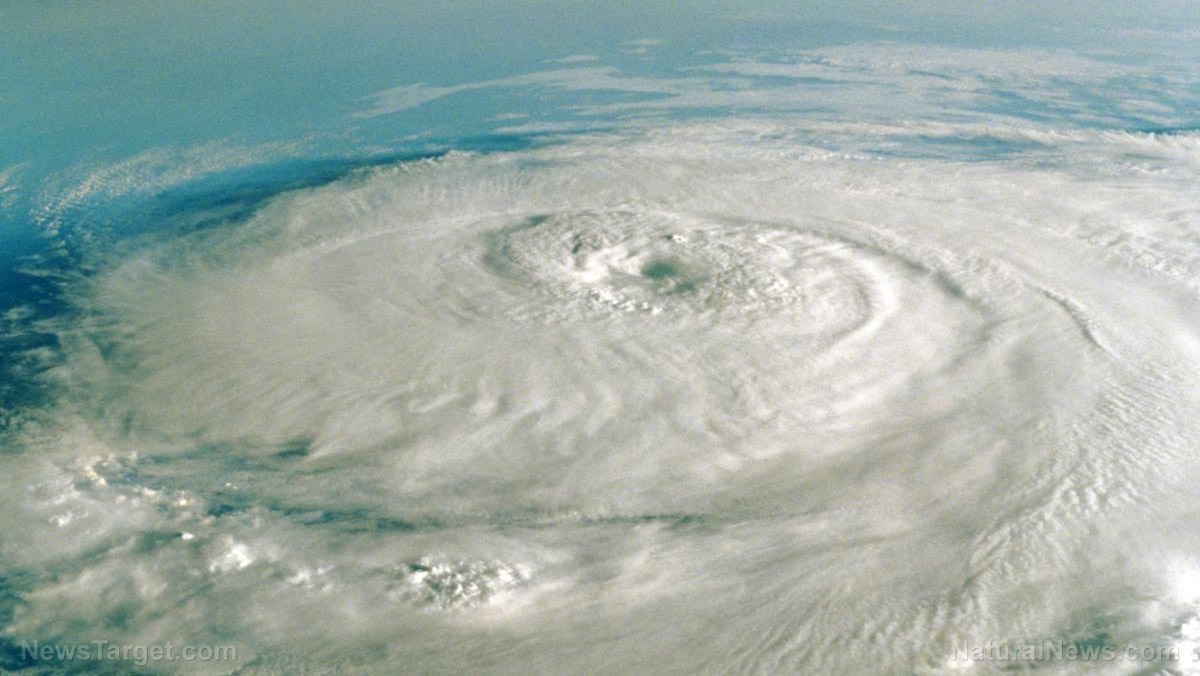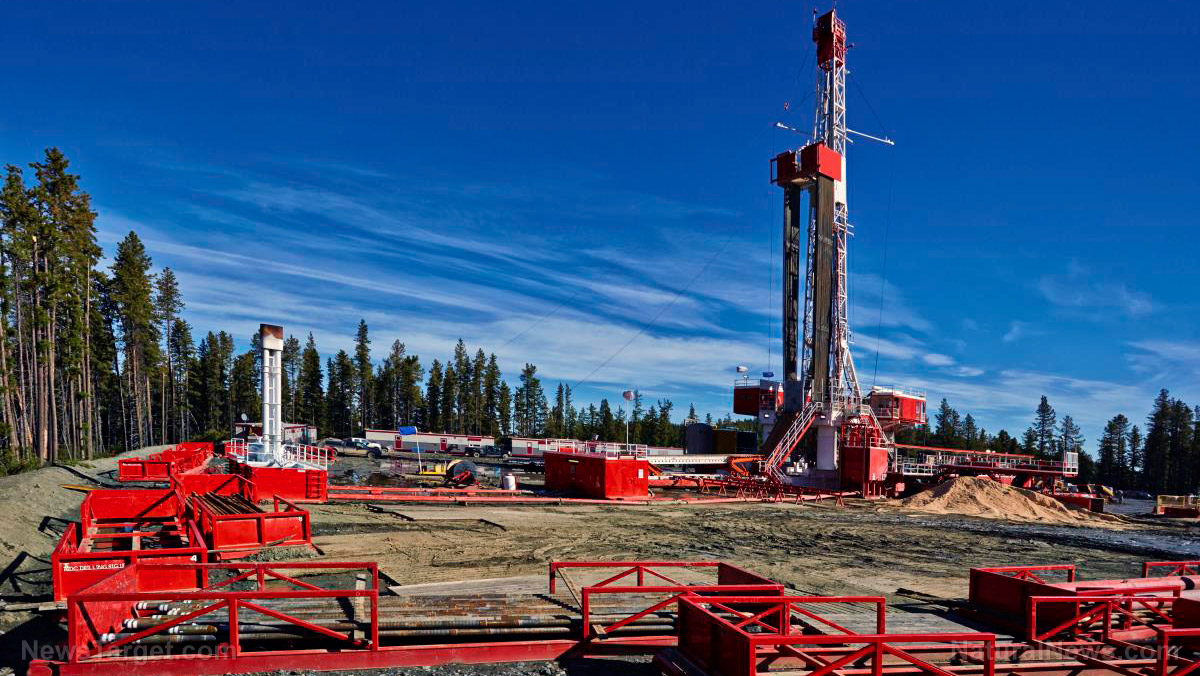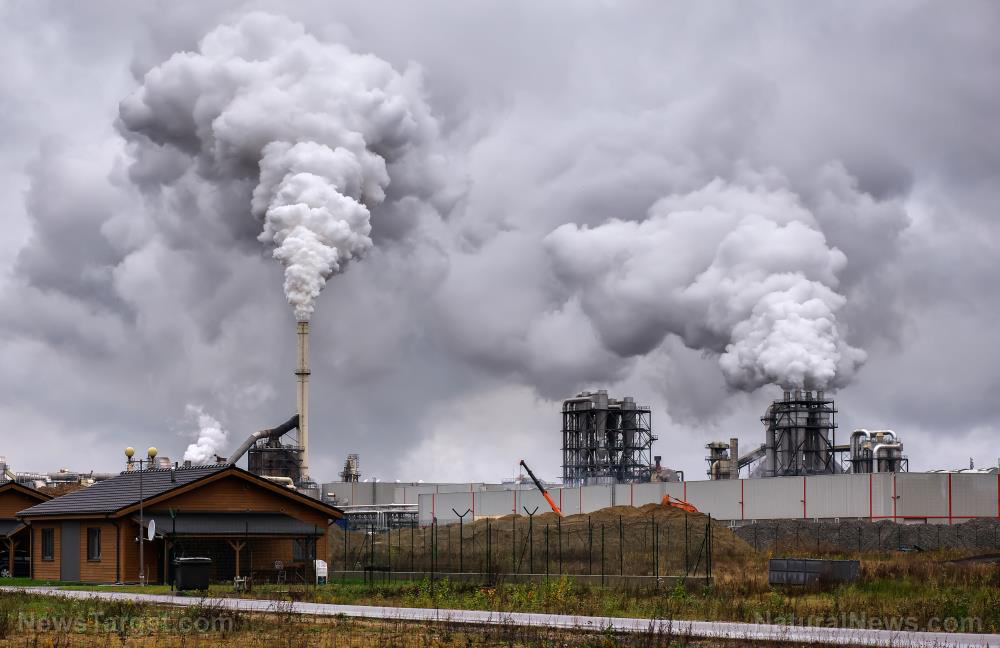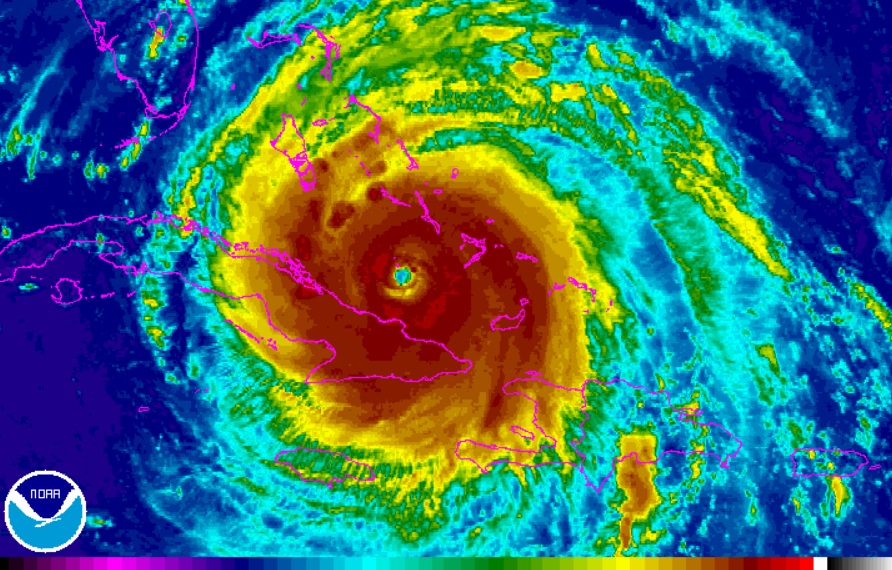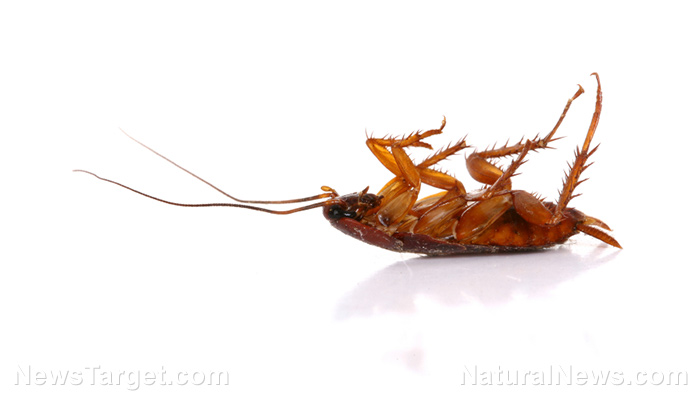Once begun, there would be severe consequences to stopping climate intervention / geoengineering
01/30/2018 / By Earl Garcia

Climate geoengineering — a practice that might be carried out in the future to tone down the effects of global warming — may do more harm than good once it had begun and then suddenly halted, a study published in the journal Nature Ecology & Evolution cautioned.
- A team of researchers at Rutgers University in New Jersey explained that climate geoengineering involved spraying a sulphuric acid cloud in the upper atmosphere in hopes of countering the effects of global warming.
- The researchers conceptualized a scenario where airplanes would spray five million tons of sulfur dioxide a year into the upper atmosphere at the Equator from 2020 to 2070. The experts inferred that the activity would result in an even sulfuric acid cloud distribution between the Northern and Southern Hemispheres.
- The scientists estimated that the activity may help cool down the planet’s temperature by about one degree Celsius, which was quite similar to the global warming levels since the start of the Industrial Revolution in the mid-1800s.
- However, the research team warned that suddenly halting the climate geoengineering technique may lead to rapid global warming that would be 10 times faster than when the technique was not employed at all.
- The experts also cautioned that while national parks, forests, and wildlife refuges may serve as sanctuaries for animals, the potentially rapid increase in global temperatures may force them to move to different locations to cope with the changes. However, the scientists concluded that the animals may not find enough food and water supply no matter how fast they move.
- The research team added that suddenly stopping the climate intervention may result in a devastating El Niño, which would increase the sea surface temperatures in the tropical Pacific Ocean and would cause a subsequent drought in the Amazon.
The researchers highlighted the need to further investigate the potential effects of climate geoengineering on certain organisms once it had begun and then was suddenly stopped.
Journal reference:
Christopher H. Trisos, Giuseppe Amatulli, Jessica Gurevitch, Alan Robock, Lili Xia, Brian Zambri. POTENTIALLY DANGEROUS CONSEQUENCES FOR BIODIVERSITY OF SOLAR GEOENGINEERING IMPLEMENTATION AND TERMINATION. Nature Ecology & Evolution, 2018; DOI: 10.1038/s41559-017-0431-0
Submit a correction >>
Tagged Under:
Climate, climate change, climate engineering, climate science, environment, environmental health, geoengineering, global warming
This article may contain statements that reflect the opinion of the author





